Did You Know?
Noodles around the World
When you think about pasta, you probably picture a nice bowl of spaghetti—in reality, the pasta-bilities are endless! This beloved carb, with its multinational history and global presence, can be found in a variety of shapes, broths, sauces around the world. Expand your mind and palette by checking out some of these top pasta dishes from around the world!
In Brodo, Al Forno, Pastaciutta – Italy
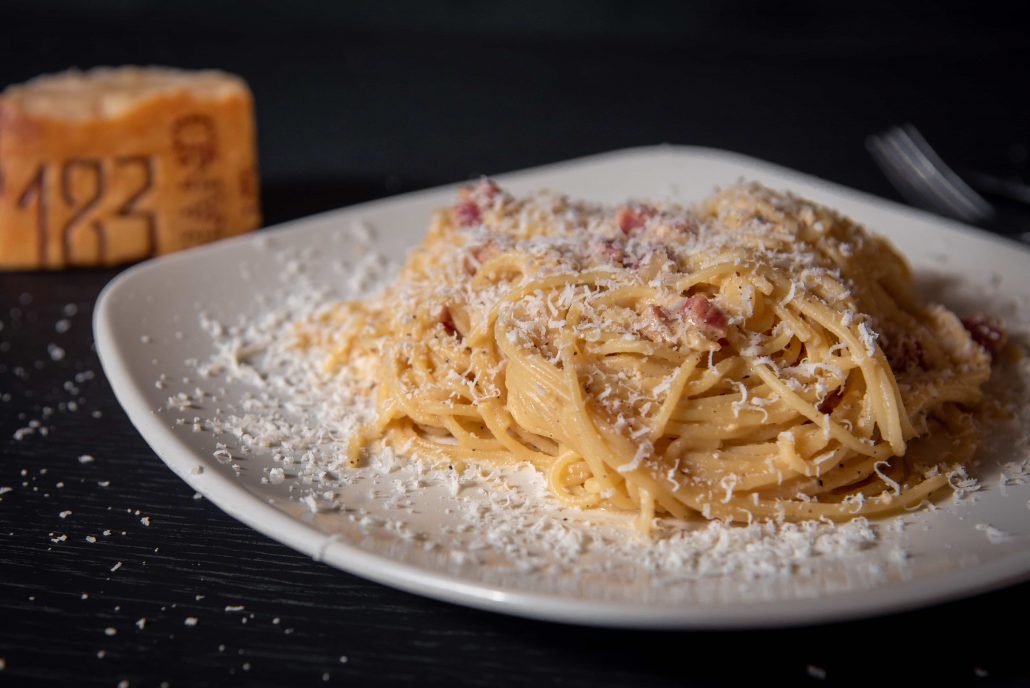
A key part of any Italian meal, there’s a plethora of pasta to be found in Italy! Pasta in brodo describes noodles served in a soup (such as tortellini soup), whereas pasta al forno is typically a baked dish (like lasagna or baked ziti), and pastasciutta are noodles accompanied by a sauce.
Fideos – Spain

While the word “fideos” means “noodles” in Spanish, the term refers to a specific type of pasta in Spain. These short, thin noodles are often stirred into soups or prepared as fideua. Similar to paella, this delightful dish uses noodles as its base instead of rice.
Sorrentinos – Argentina
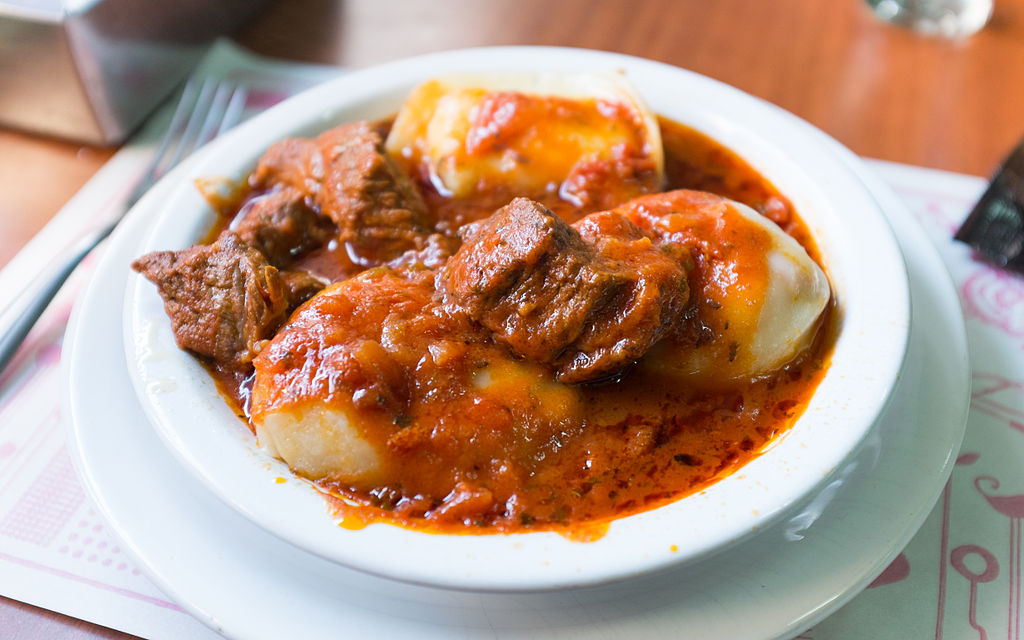
With a solid history of Italian immigration, Argentina has a stronghold on Italian foods. One shining star? Sorrentinos, which are oversized ravioli stuffed with cheese and/or meat and served with either a tomato or cream-based sauce. Unlike ravioli, which are typical square, sorrentinos are large, plump, and round! Their creation is credited to a restauranteur and Italian native living in Mar del Plata who named them in honor of his birthplace, Sorrento.
Pad Thai – Thailand
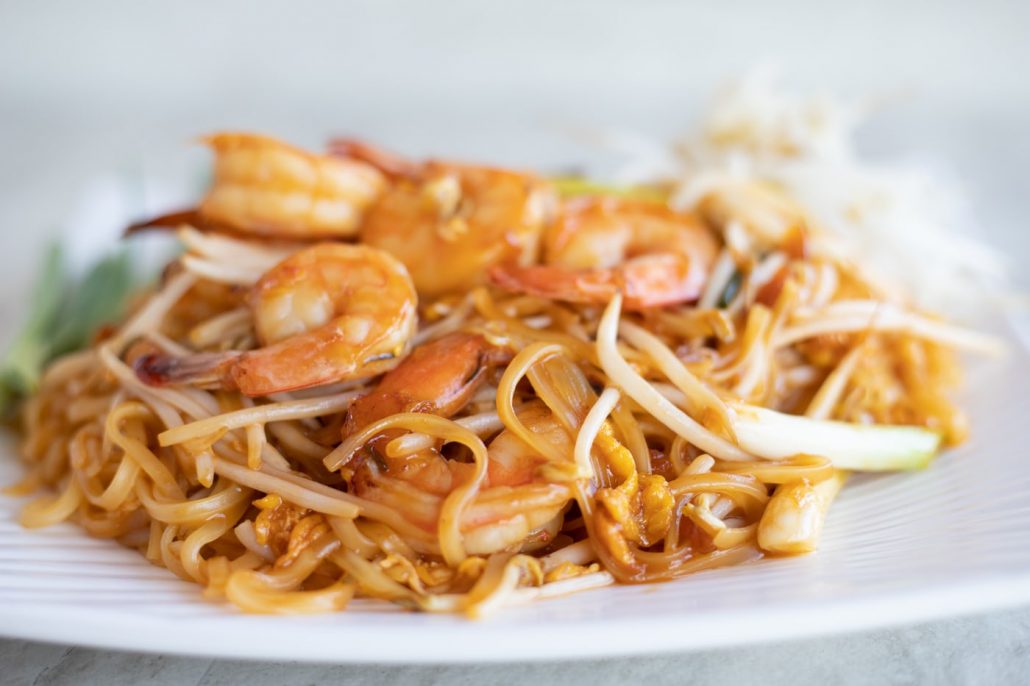
The ultimate street food in Thailand, this stir-fried dish takes thin noodles and combines them with eggs, tamarind, fish sauce, sugar, garlic, peanuts, and lime juice to create one delicious plate! Though its origins are hard to trace, pad thai rose to popularity during World War II, when the country faced a shortage of rice but had plenty of rice noodles. The Thai government even promoted the dish during a national campaign called “Noodle is Your Lunch”!
Pastitsio – Greece
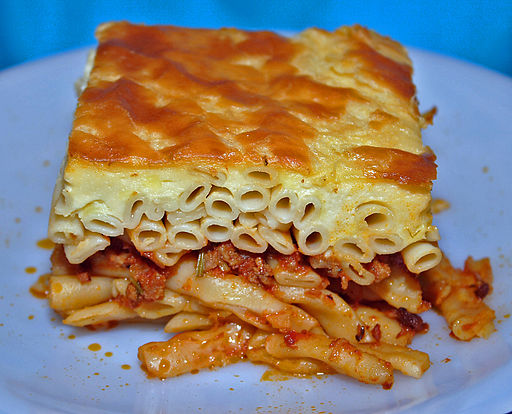
Take a baked ziti, combine it with lasagna, and what do you get? Pastitsio! This dish is made of large tubular noodles that are layered with bechamel, ground meat, and spices (like cinnamon), then baked to create a hearty meal. The name comes from the word “pasticcio,” which roughly translates to “hodgepodge.”
Phở – Vietnam
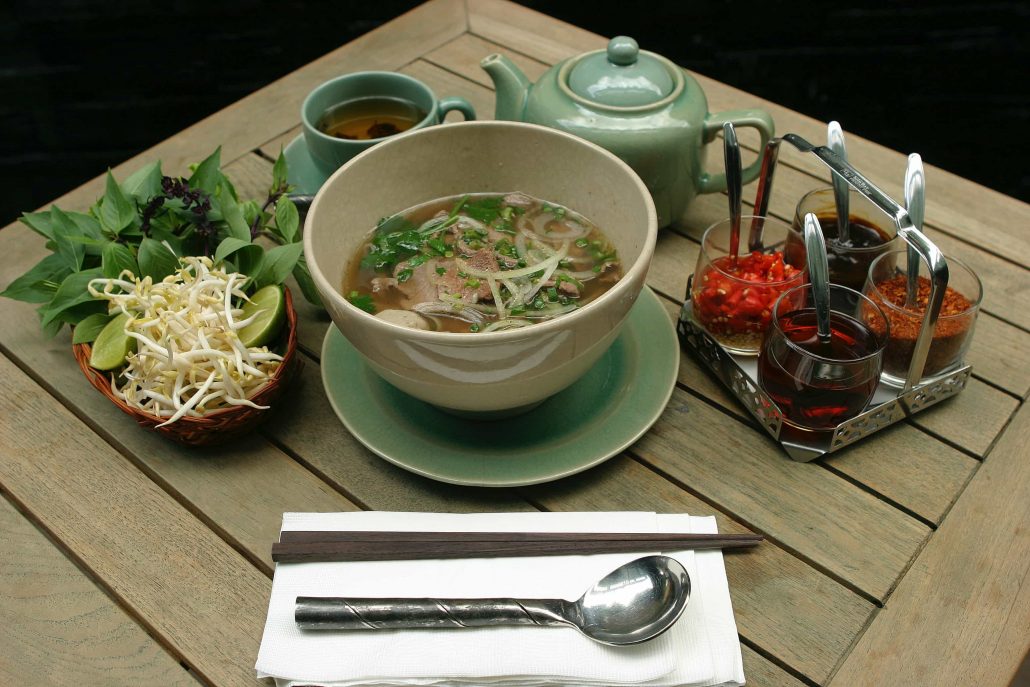
Considered the national dish of Vietnam, phở is seen as a reflection of the heritage and daily life of the Vietnamese people. Traced back to the Hanoi region, the dish first appeared in the late 19th century and gets its name from “feu,” the French word for “fire.” This relates to the making of the dish when beef bones are simmered for hours (or even a day!) before spices are added to make the broth. Skinny noodles, beef, green onions, and cilantro top off the iconic dish. On the side, you’ll be served Asian basil, bean sprouts, sliced jalapenos, and lime, for topping.
Noquis – Uruguay

A direct translation of the Italian word “gnocchi,” these potato and flour dumplings have an important significance in Uruguay. On the 29th of each month, ñoquis are eaten to honor a longstanding tradition from the 10th century. In the past, funds would be low toward the end of the month, so affordable ñoquis would be made. Now, the 29th of the month is Dia de Noquis—and for extra prosperity, you might find a peso or note under your dinner plate!
Spätzle – Germany

Thick and starchy from its egg, water, and flour base, this chewy pasta is often paired with dairy for a great take on mac and cheese. You can also find späetzle in a rich stew or paired with another German icon: sauerkraut!
Ramen – Japan
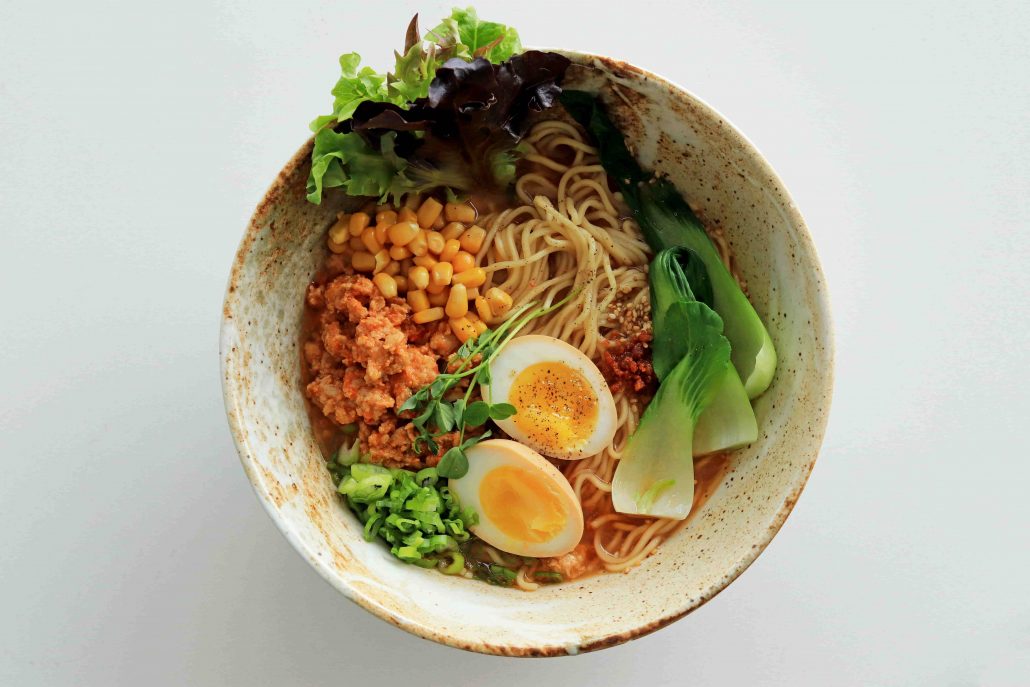
Japan is known for its casual dining, and Ramen is a perfect complement to this. These thin, wheat-based noodles have their root in China, but soon made the jump to Japan. While the exact history of this jump is unknown, many believe that in 1910 a Chinese restaurant in Yokohama started serving a dish of wheat noodles in a meat-based broth. Their characteristic “bouncy” texture is due to kansui, an alkaline solution, which creates a distinct flavor and slippery quality when it interacts with the wheat in the noodles. Most often used in soup, when ordering your bowl, you’ll usually have to choose between four types of broth – shio (salt based), shoyu (soy sauce based), miso, or tonkotsu (creamy pork bone).
Looking for more worldly dishes? Check out these ten must-try sandwiches!
Related Articles

The 2024 WorldStrides Student Photo & Video Contest Gallery
When you think about pasta, you probably picture a nice bowl of spaghetti—in reality, the pasta-bilities are endless! This beloved carb, with its multinational history and global presence, can be fo...

Girl Scouts: Costa Rica Tour
When you think about pasta, you probably picture a nice bowl of spaghetti—in reality, the pasta-bilities are endless! This beloved carb, with its multinational history and global presence, can be fo...

2024 Mérida Pride Parade
When you think about pasta, you probably picture a nice bowl of spaghetti—in reality, the pasta-bilities are endless! This beloved carb, with its multinational history and global presence, can be fo...

Rise Up, Take Action: How to Support the LGBTQIA+ Community
When you think about pasta, you probably picture a nice bowl of spaghetti—in reality, the pasta-bilities are endless! This beloved carb, with its multinational history and global presence, can be fo...

